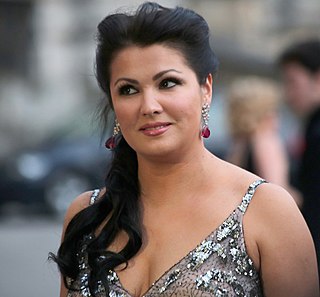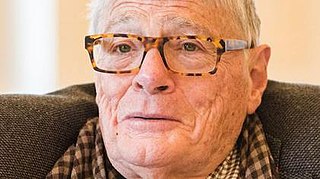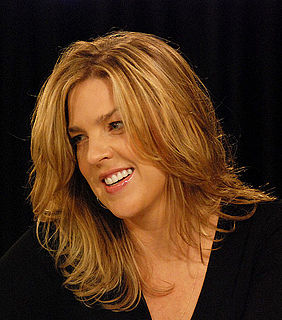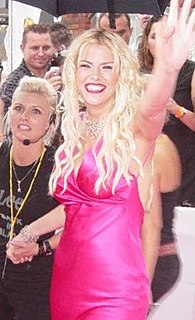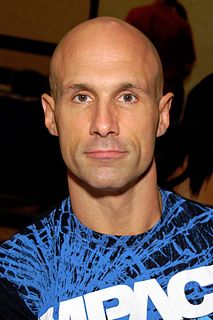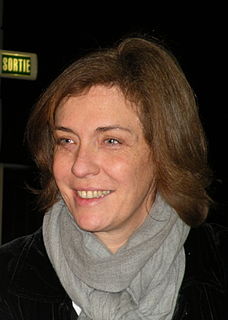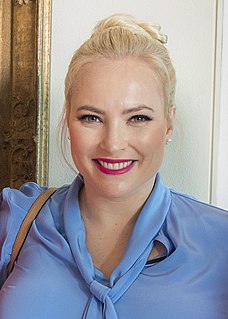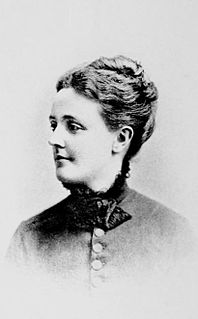A Quote by Hilary Hahn
For me, the conductor is a person who interprets along with me, and we interpret things together.
Related Quotes
What appeals to me about an American music directorship is the involvement of the conductor with the orchestra and the community. I think that's a fantastic thing. In Europe, being principal conductor means merely that you're the person who does most of the concerts. For me, that simply isn't enough.
I sometimes wonder, the tendency for anybody, especially when you're with friends and you're in the trenches, is to laugh at the stuff that you interpret as ridiculous or silly, and to grouch about the things that you interpret as not being good. That to me isn't morale, that's just like getting through the day.
Before Liszt, a conductor was someone who just facilitated the performance, who would keep people together or beat the time, indicate the entries. After Liszt, that was no longer the case; a conductor was someone who shaped the music in an intense musical way, who played the orchestra as an instrument.

